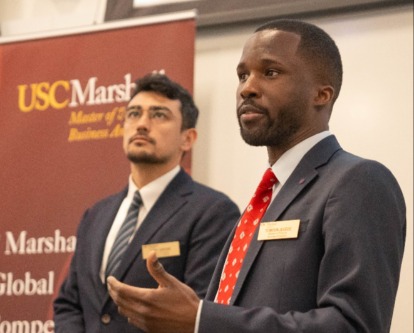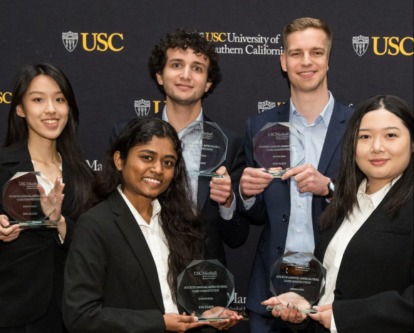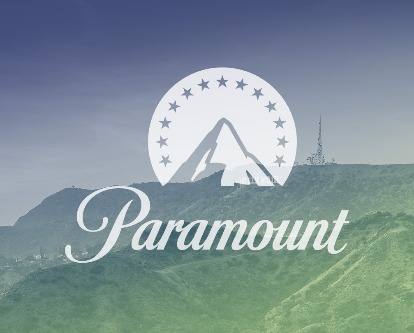
Unlock the Power of Data. Lead the Future of Business.
The Master of Science in Business Analytics (MSBA) is your launchpad to becoming a data-driven decision-maker with influence. Designed for professionals ready to lead in today’s analytics-powered economy, this full-time, STEM-designated program blends cutting-edge technical training with real-world business applications all in the heart of Los Angeles, one of the world’s most dynamic business hubs.












